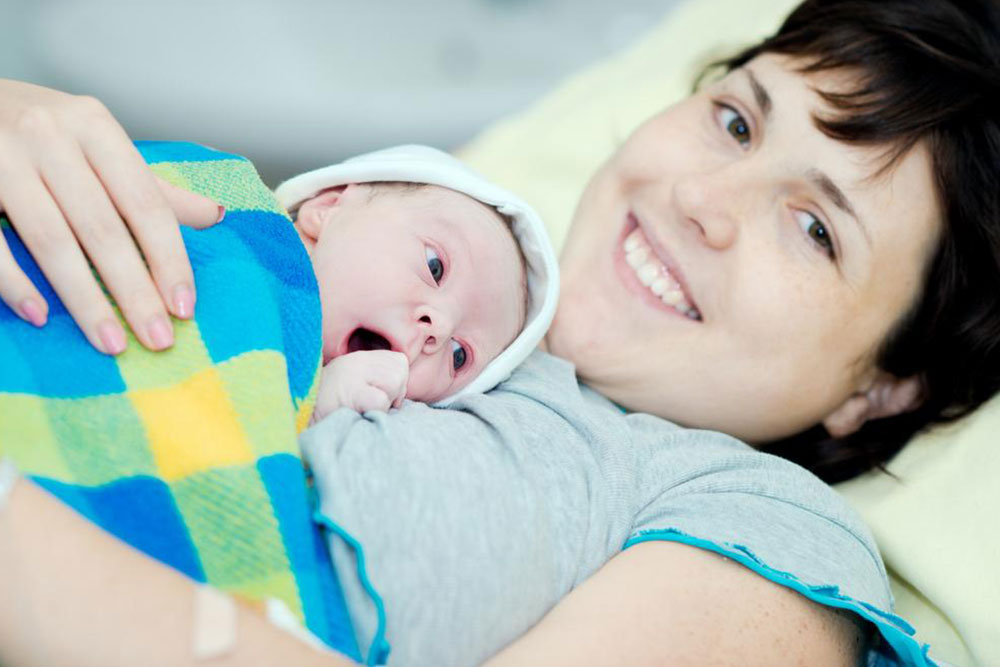Prepare for the unknown by saving your baby’s umbilical stem cells
There are many different types of cells in the human body. One of the most important are the stem cells. These cells have the ability to morph into any other type of cell whenever required. They cells can be harvested from two sources – a person’s bone marrow and a baby’s umbilical cord. While harvesting it form the bone marrow can be painful, harvesting stem cells form the umbilical cord does not harm the mother or the baby in any way. If the child happens to suffer from blood disorders or immune system disorders, these stem cells can be used to treat the child.

Apart from being easy to harvest, there are many reasons why umbilical stem cells are preferred over bone marrow stem cells. Firstly to use stem cells to treat a patient, it must match a number of parameters. In the case of bone marrow stem cells, all six parameters need to be a match while in the case of umbilical stem cells, only 4 parameters need to match. Harvesting the umbilical cord also allows you to preserve the cord tissue, which is not possible in the case of bone marrow harvesting.
What happens with the stem cells at LifeCell?
Once the blood from the umbilical cord is collected, it is sent for testing to a lab. Here it is registered, tested for infections and checked for sterility and cell count viability. The stem cells are then separated from the cord blood and the cord tissue samples. The stem cells and the cord tissue are frozen at a temperature of -196 degrees Celsius so as to be preserved until needed. LifeCell is the only stem cell bank that gives you the opportunity of dual site storage facilities. What this means is that the stem cells harvested are stored in two different places so as to protect it from being destroyed by an unforeseen disaster.
Umbilical stem cells can be harvested for only upto 10 minutes after the baby’s birth. Some of the reasons you should consider harvesting your baby’s umbilical stem cells are:
The availability of Indian donors for stem cells is particularly low and there is already a very long waiting list for these cells.
If stem cell treatment is required, a person’s own stem cells are the first line of treatment.
Umbilical cord stem cells can be used to treat a number of conditions ranging from diabetes to autism and cerebral palsy.
It can cost upto 20 lakhs to buy stem cells from a stem cell bank.
Hence, though it may seem like a major investment, it is well worth saving your baby’s umbilical stem cells with LifeCell.

